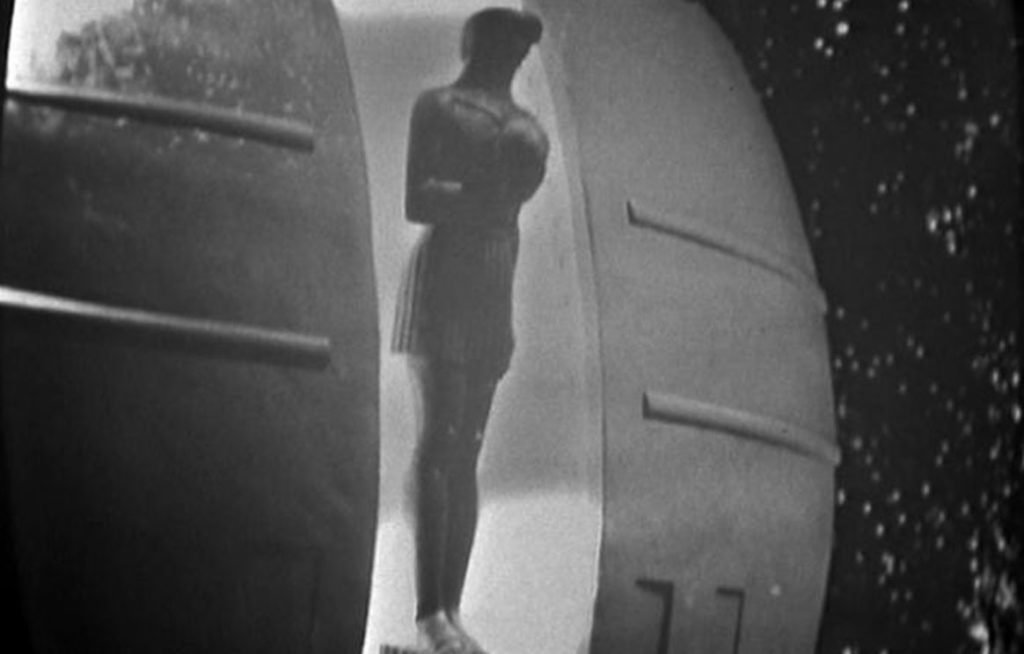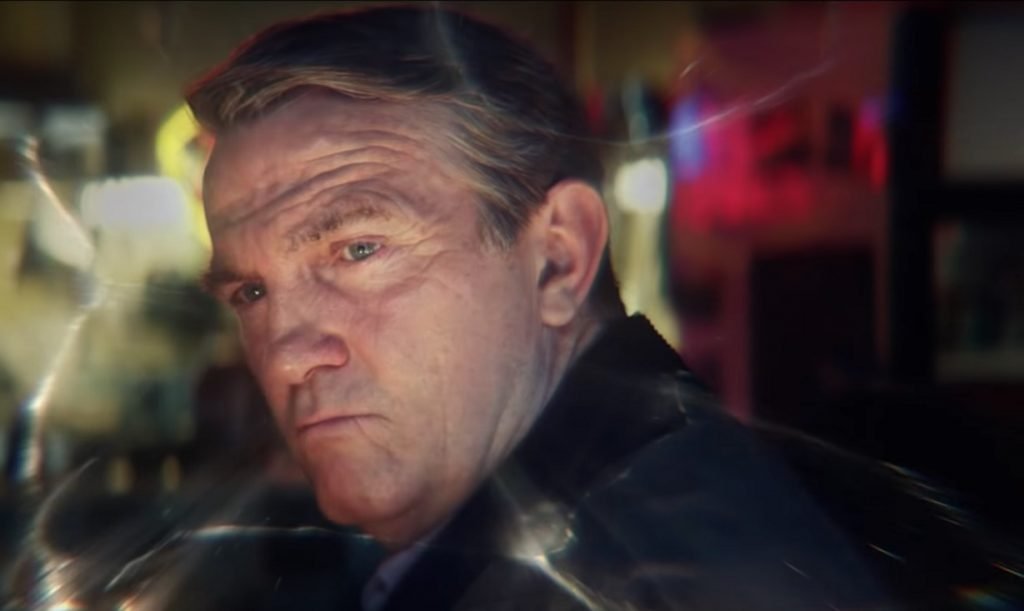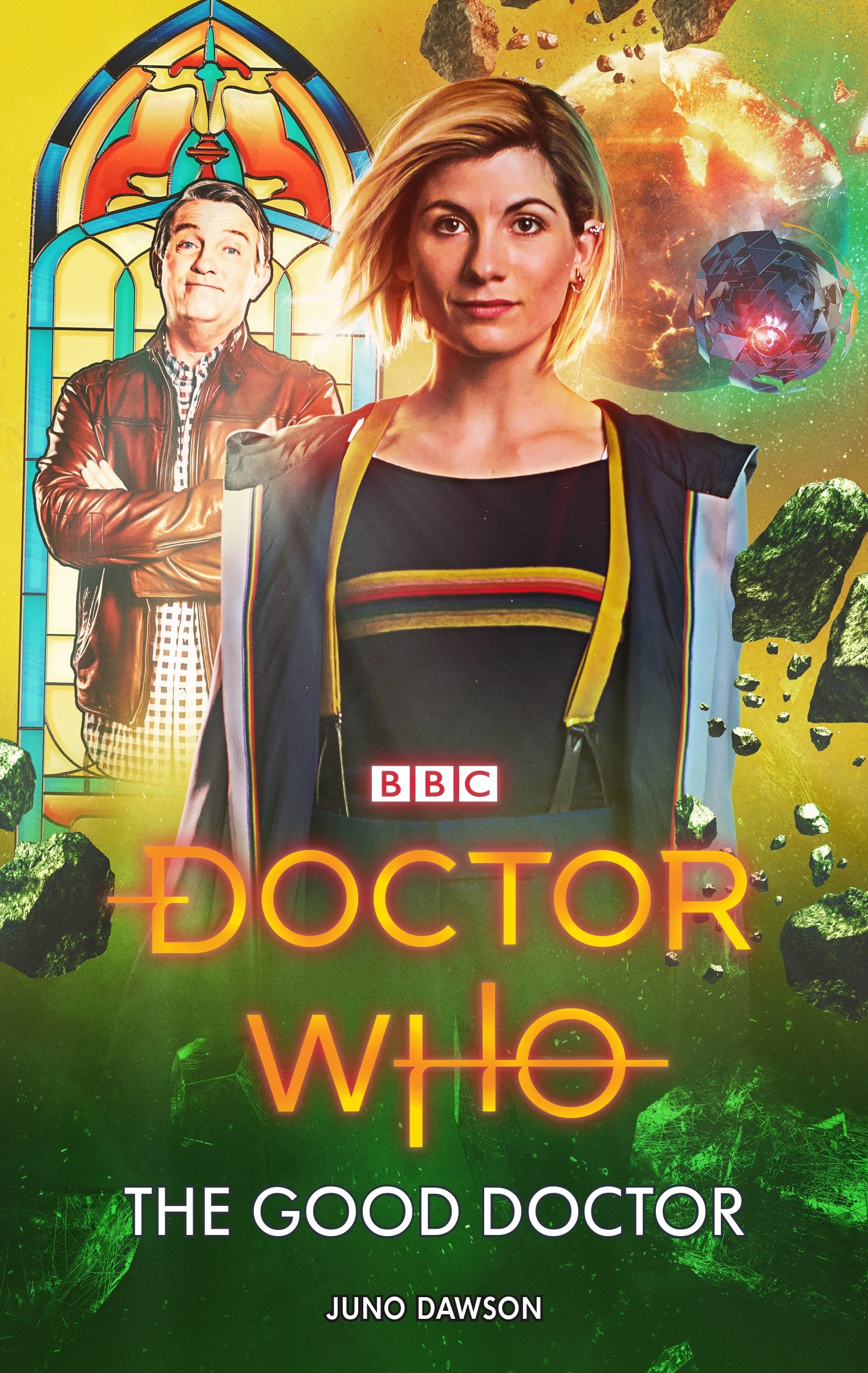There were many themes running through Doctor Who Series 11 last year, and one of them was undoubtedly concerning social issues and the evils that humans inflict on each other. Of the three latest New Adventures novels – Combat Magicks, Molten Heart, and The Good Doctor – the latter is the one that’s decided to take up that role wholeheartedly and even go somewhat further with it than the series itself has yet.
The plot itself is a little reminiscent of the William Hartnell story, The Ark. The first few chapters show the Thirteenth Doctor in full flow, ending a war between the Lobas from the planet Lobos (would you believe they look like Wolves? Who’d have thought it!) and some human colonists. This is wrapped up fairly quickly, and would probably make for an entertaining book by itself, but the real focus of the story comes when the TARDIS shifts forward a few centuries, and we see what resulted from the Doctor’s actions.
As with The Ark, we return to find the tables have been turned: the humans now rule and the native Lobas are second-class class citizens in their own world. Control in this world is maintained via a religion dedicated to “The Good Doctor” who has been mis-identified as Graham!

There are of course many fun scenes in which an uncomfortable Graham is forced into being hailed as the planet’s Messianic saviour, while the Doctor is relegated to his assistant – at least officially. Beyond this though, there are many important themes covered – colonialism (think of the treatment of India by the British Empire), sexism (that blond-haired woman can’t possibly be the saviour), racism (mostly against the Loba, but Yaz and Ryan also have stories to tell of how they’ve been treated in the past), cross-race relationships, and religion as a method of control.
Considering that these are some of the biggest themes a Doctor Who book has overtly tackled in recent years, Juno Dawson has cleverly abstracted them by setting the story on an alien world, where, in the great SF tradition, we can discuss these things without an excess of emotional baggage. As a consequence, no real-world religions or organisations were hurt during the making of this book. Adults are not likely to learn anything new here, but I can imagine a few important conversations happening between younger readers and their parents after finishing it.
The plot itself is quite light; there’s a corrupt government, downtrodden rebels, plenty of running, all the things we associate with a typical Doctor Who story, but on a scale and with a budget that the TV series itself wouldn’t be able to manage – just the sort of thing the books are ideally suited to. It even fits in a family drama subplot, which the New Series Adventures are often keen to do.
If the book were aimed squarely at an adult audience, I’d probably criticise it for how simple the basic story is, but considering that it’s aimed at a wider age range, and that the themes themselves are already quite heavy, it’s probably best this way, otherwise it might be at risk of sinking under its own weight.

The characterisations of the TARDIS team are excellent, and everyone is given something to do. As with Molten Heart, the typical Doctor/Yaz, Ryan/Graham pairings are avoided; instead Ryan and Yaz each have their own solo plot threads and the Doctor spends a large portion of the book in a supporting role to Graham.
The secondary characters are drawn in fairly broad strokes, but they avoid the trap of simple one-dimensional characteristics. Especially gratifying is how the book shows that the characters don’t quite neatly fit into the “good” rebels and “evil” ruler categories; there are plenty of mixed motivations and loyalties on both sides. Even the central “villain” isn’t behaving as he does out of a simple tyrannical desire for power, there’s at least a little more to him than that.
The audiobook is also terrific. The reader, Clare Corbett, has previously narrated stories like Dead of Winter, Touched by an Angel, and Torchwood: First Born – she’s easily the best reader of this round of New Series Adventures. She captures every member of the TARDIS team perfectly, even nicely distinguishing between the strong northern accents used by the Doctor and Yaz, as well as giving distinctive voices to all of the supporting characters. As nice as it is to hear actors from the series reading, I much prefer this approach of finding an excellent reader to provide us with a more immersive experience.
Overall, as a TV tie-in novel aimed at a family audience, this is a decidedly superior effort. More like this, please.

